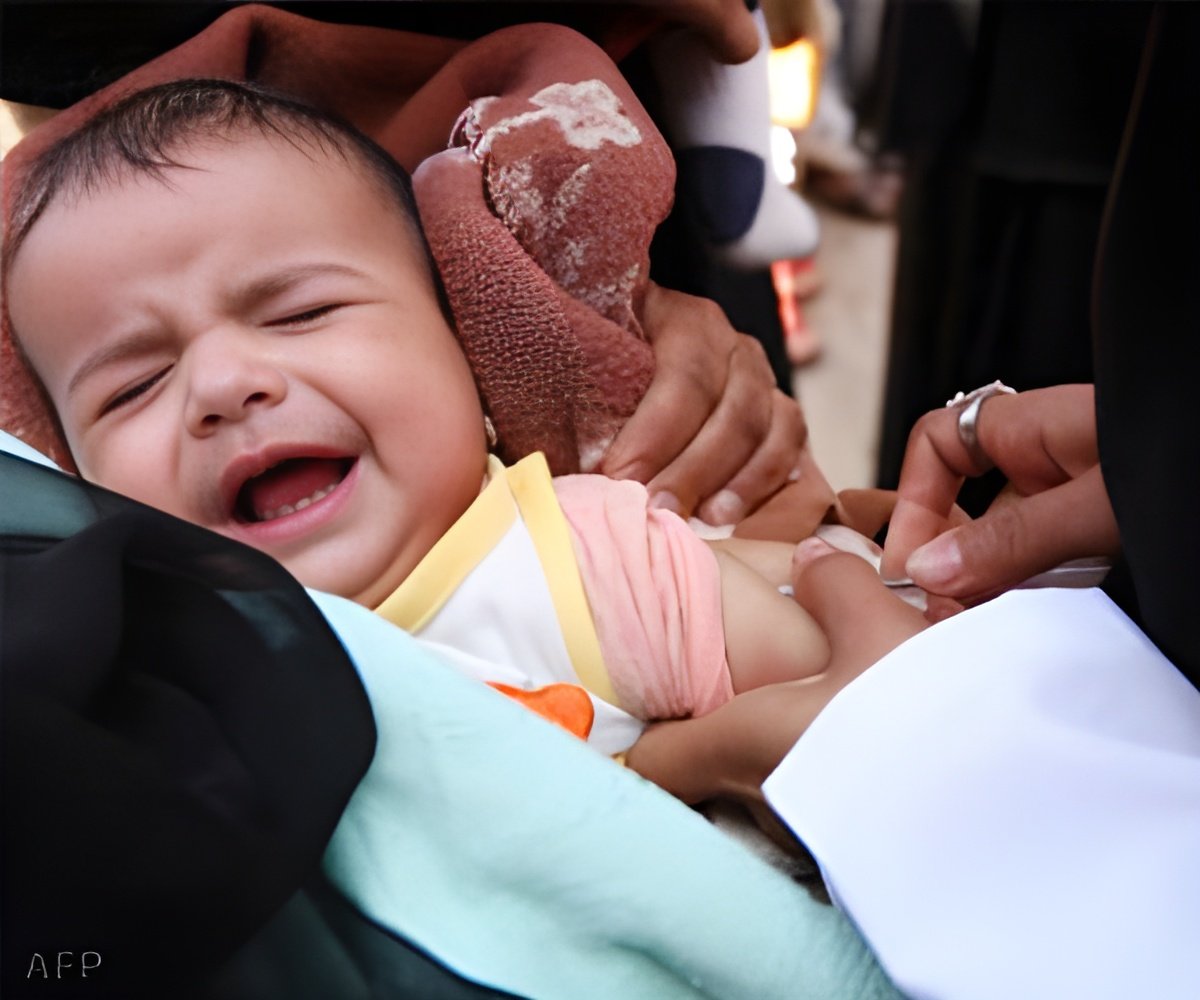Up to date vaccinations cannot be expected in all children returning to school this month.

Published in Gender & Society, a top-ranked journal in Gender Studies and Sociology field, Reich's research shows that unvaccinated or under-vaccinated children from higher income backgrounds, with parents who are higher educated, have parents who intentionally choose to refuse or delay vaccinations out of a belief that they are protecting their children. On the other hand, children from families with lower incomes and with less educated parents tend to be under-vaccinated because they lack access to resources.
Reich, a professor of Sociology in the College of Liberal Arts and Sciences at CU Denver, found that middle and upper class "vaccine-refusers" are mothers who have the resources, education, and time to make decisions regarding vaccinations. These mothers consent only to vaccines they believe are most beneficial for their children and instead rely on other intensive practices they see as rendering vaccines less necessary. Breastfeeding, healthy nutrition, and monitoring social interactions and travel were listed as alternatives to vaccination and ways to prevent disease exposure.
"Vaccine-refusers see themselves as experts on their own children and question the relevance of public health claims that vaccines are necessary for all children," said Reich. "They trust that "mother's intuition," alongside their own personal research, is the best way to protect their children from potential harm."
On the other hand, mothers in low income families often do not have time to consider individual choices around vaccination. If their children are under-vaccinated it is more likely due to lack of access to medical care. This same lack of health care access makes poor children who are under-vaccinated potentially more vulnerable to health risks as rates of vaccine-preventable diseases continue to rise.
Reich's findings suggest women with more time, education, and resources claim greater freedom to reject public health interventions, which potentially carries consequences for undervaccinated children from lower income backgrounds who may not have access to care.
Advertisement
Source-Eurekalert










